
Bolsas grandes de polipropileno para constructores, bolsa gigante de 1 tonelada de fertilizante, 1000kg, jambo 1500 kg, FIBC
Listo para enviar


Hesheng-bolsas grandes tejidas Jumbo de 1 tonelada, bolsa FIBC de tela de 1000kg, a granel, 1,5 toneladas, 1500kg


Bolsas jumbo de 1 tonelada y 1,5 toneladas, bolsas grandes tejidas de PP FIBC, bolsa de embalaje jumbo de 1500 kg
Listo para enviar

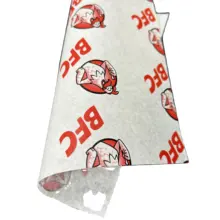
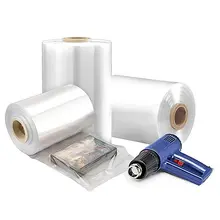
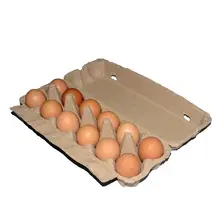





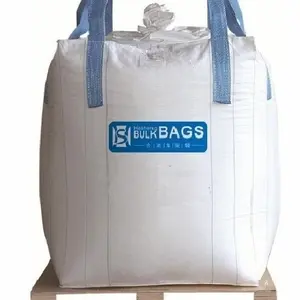


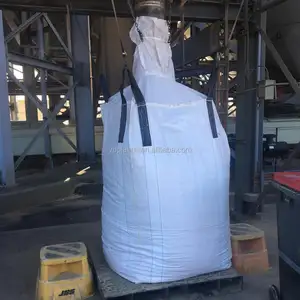





















 浙公网安备 33010002000092号
浙公网安备 33010002000092号 浙B2-20120091-4
浙B2-20120091-4